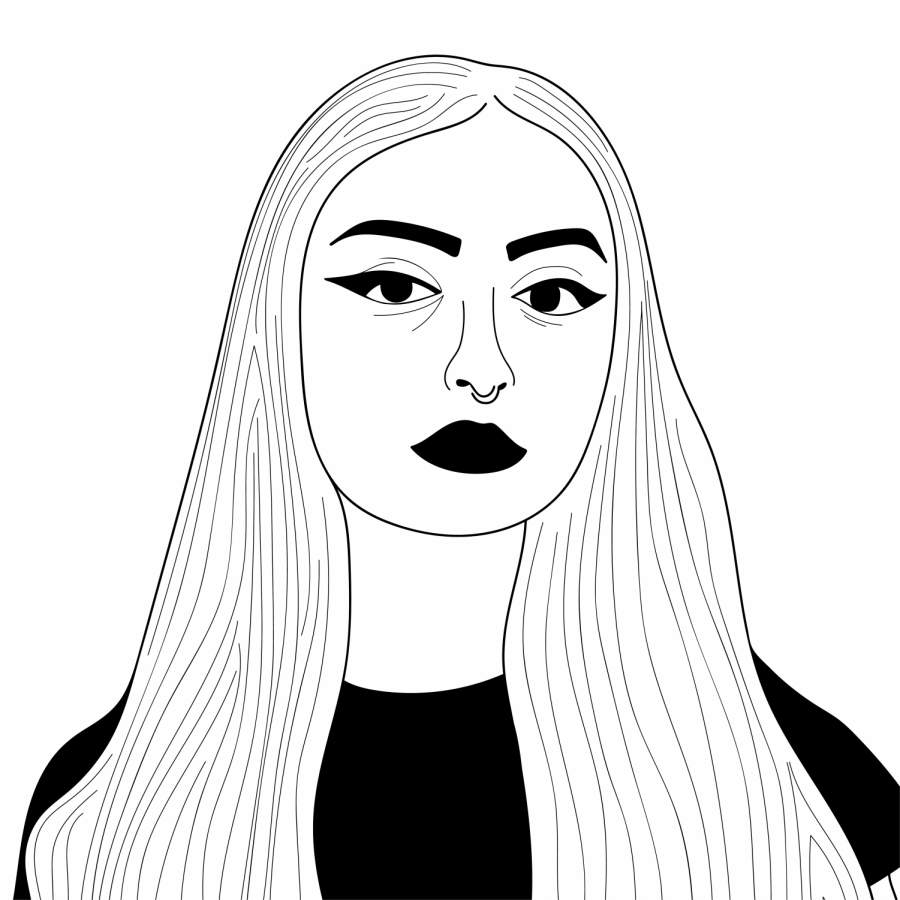In early August, I stopped eating meat.
I’ve always been obsessed with animals, even to an obnoxious degree. My favorite parts of the State Fair are the animal buildings, and I feel lost in pet-free homes. In middle school, half of the breaths I drew were used to explicate complex arguments against factory farming, my hyperfixation of a couple years.
One might ask at this point, “What took you so long to stop eating meat?”
It was a combination of factors, really. My inability to cook in any real capacity until about freshman year of college, for one. My concern over getting the right nutrients. My fondness for Chipotle steak.
The most difficult thing to get over, however, was the intense cognitive dissonance. I knew logically, of course, that the flesh on my plate and the cattle I saw at the State Fair were the same thing. But that understanding didn’t really spill over into my actions. Cows were one thing, beef was another, and I ate the latter without much in the way of guilt.
It took years and a few scattered moments of realization to change my diet. I would cut raw meat and be uncomfortably aware of the fact that I was slicing through flesh. I visited a chicken farm and fawned over chicks, knowing that in a few months they would be killed for their meat.
In each case, I felt guilt gnaw briefly at my stomach before suppressing it. I simply couldn’t become a vegetarian — it would be too impractical.
But one day, I overcame that mentality. I can’t attribute my decision to any singular event; I imagine that every moment of guilt I experienced wore down on my ability to suppress it over time.
And so I stopped. It wasn’t as difficult as I imagined, partly because I do still eat fish, and partly because I am quite fond of hummus.
My decision to continue to eat fish was largely nutrition-motivated. As a Minnesota resident, I’ll take as much vitamin D as I can get. Furthermore, pescetarianism — the practice of including fish in an otherwise vegetarian diet — seemed to be a less daunting step into the world of not eating meat than one that was more restrictive.
For all I know, this may end up as a transition into a fully vegetarian diet. That dissonance and voice of guilt is still there, but its presence is largely mitigated.
The change made me feel better about myself. My decision to omit meat and poultry from my diet is consistent with my ethical and environmental values. I also have yet to encounter any significant issues posed by this way of life.
Finding quality vegetarian options, something I was particularly concerned about, isn’t as difficult as I imagined it would be. Tofu and seitan are simple to prepare, and hummus is quite easy to integrate into lunch foods like wraps and sandwiches.
Eating out isn’t too complicated either, and I’ve tried foods that I may not have considered otherwise. Wally’s in Dinkytown has great falafel, and Tea House, a Chinese spot near the Prospect Park neighborhood, makes a tasty kung pao tofu. Many common chains are also vegetarian friendly, like Burger King, Noodles & Company and Chipotle.
At the end of the day, all of those years of worry and guilt were unnecessary. I don’t regret my decision, nor do I see myself reneging on it in the future. Ultimately, the benefits outweigh the risks. The couple extra seconds I spend scanning a menu or meal planning are worth the feeling that I made the right decision, which, I feel, is just about priceless.














Meat Eater
Oct 20, 2021 at 4:47 pm
eating fish is worse than traditional farm animals, all that stuff you flush down the toilet ends up in fish, also catching fish … how brutal, and they are filleted alive, how would you like to have half your body sliced off whille still alive.
I suggest you eat bugs
A Gopher
Oct 14, 2021 at 4:13 pm
Eating fish is the single worst thing you can do for the environment. See the book “Four Fish” and several recent studies demonstrating that wild fish poop is actual fighting ocean acidification.
Richard Turnbull
Oct 13, 2021 at 3:09 pm
Eventually humans may become vegans, that’s far from impossible although the scale may be more dubious — in fifty, a hundred, two hundred years, if we are still around anyway.